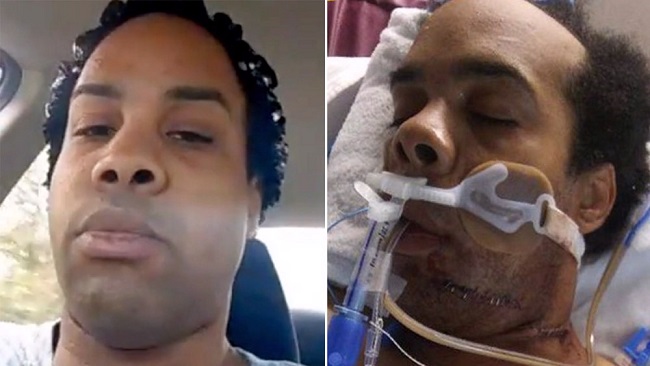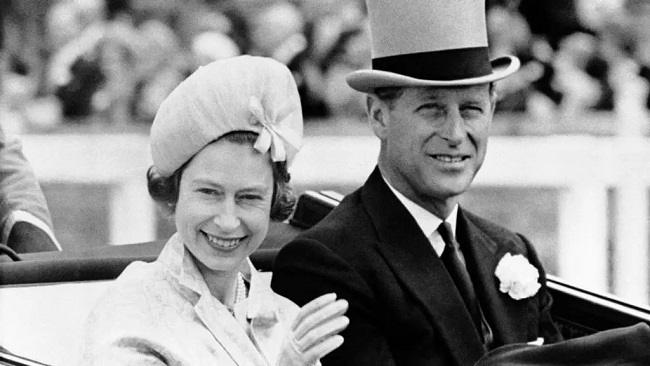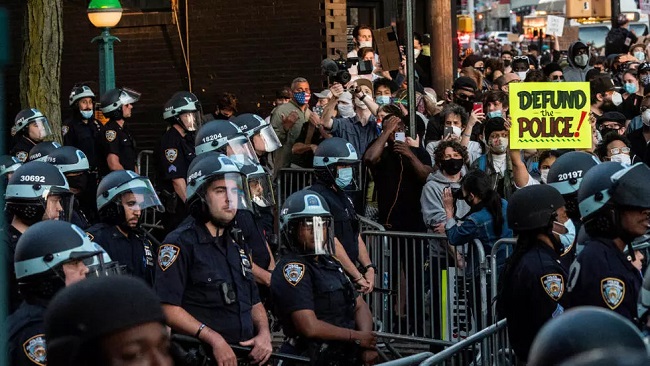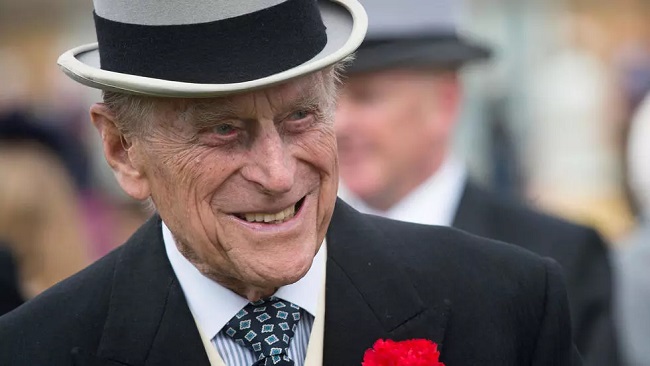4, May 2021
US: Armed man shot after standoff outside CIA headquarters in Virginia 0
An armed person was shot by FBI agents Monday after a standoff of several hours at the entry gate to the CIA headquarters, the federal investigation agency said.
The unidentified person was prevented from driving past the initial gate into the CIA’s sprawling wooded compound just outside Washington early Monday afternoon.
Security personnel reportedly tried to negotiate with the person to surrender for several hours.
The FBI said in a statement that the individual “emerged from his vehicle with a weapon and was engaged by law enforcement officers.”
“The subject was wounded and has been transported to a hospital for medical attention.”
Earlier, a CIA spokesperson said they were aware of the situation outside the compound’s secure perimeter, several hundred meters from the agency’s main building.
“Our compound remains secured, and our Security Protective Officers working the incident are the only Agency personnel directly involved,” they said.
Security has grown in recent years at the CIA, which sits in Langley, Virginia just off a busy road.
In 1993, a Pakistani man, Mir Aimal Kansi, shot two agency employees dead and wounded three others as they sat in their cars waiting at a stoplight to enter the compound.
Kansi escaped back to Pakistan and was only found and arrested four years later. He was extradited to the United States, where he was convicted of murder and sentenced to death. He was executed in 2002.
(AFP)


























7, May 2021
Twitter suspends multiple accounts set up to share Trump statements 0
Twitter has suspended multiple accounts that were set up to share statements from former US President Donald Trump’s website.
The popular microblogging site said they violated its rules against evading an account ban on the former US President.
A new page was added to Trump’s site on Tuesday, dubbed “From the Desk of Donald J. Trump,” where he posts messages that can be shared by his audience to both Twitter and Facebook.
“As stated in our ban evasion policy, we’ll take enforcement action on accounts whose apparent intent is to replace or promote content affiliated with a suspended account,” a Twitter spokesman said in a statement.
The suspended accounts linked to the former US President who is permanently banned by Twitter include @DJTDesk, @DJTrumpDesk, @DeskofDJT and @DeskOfTrump1.
Trump was banned from Twitter, where he had more than 88 million followers, and other popular social media platforms after the deadly January 6 insurrection at the US Capitol.
At least five people, including a Capitol police officer, died after a mob of Trump supporters stormed the Capitol as Congress attempted to tally the Electoral College vote won by his opponent Joe Biden.
Trump, who gained notoriety for using social media platforms to whip up political violence and indulge in brazen racist rhetoric, became the first American leader to have his social media handles banned.
Twitter has maintained that the ban on the former US President is permanent even if he runs for office again. However, it says users can share content from the Trump page if it does not violate its ban evasion rules.
Pertinently, on Wednesday, Facebook’s oversight board upheld the company’s suspension, giving it six months to decide a proportionate response.
Facebook was among the first to suspend Trump’s account following the January 6 events. The unprecedented decision was later referred to the Facebook Oversight Board, an independent body vested with power to reverse Facebook content decisions and set precedent for the company.
Trump adviser Jason Miller had told Fox News in March that he expects the former US president to come out of his social media hibernation with his “own platform”.
Source: Presstv